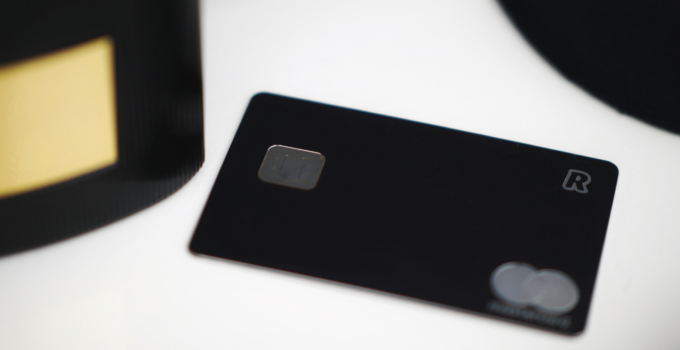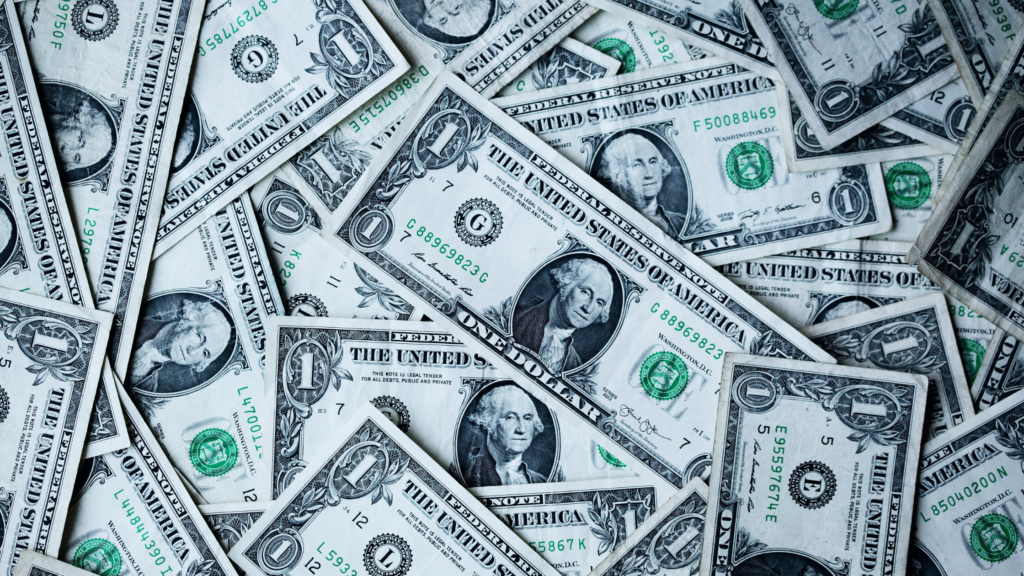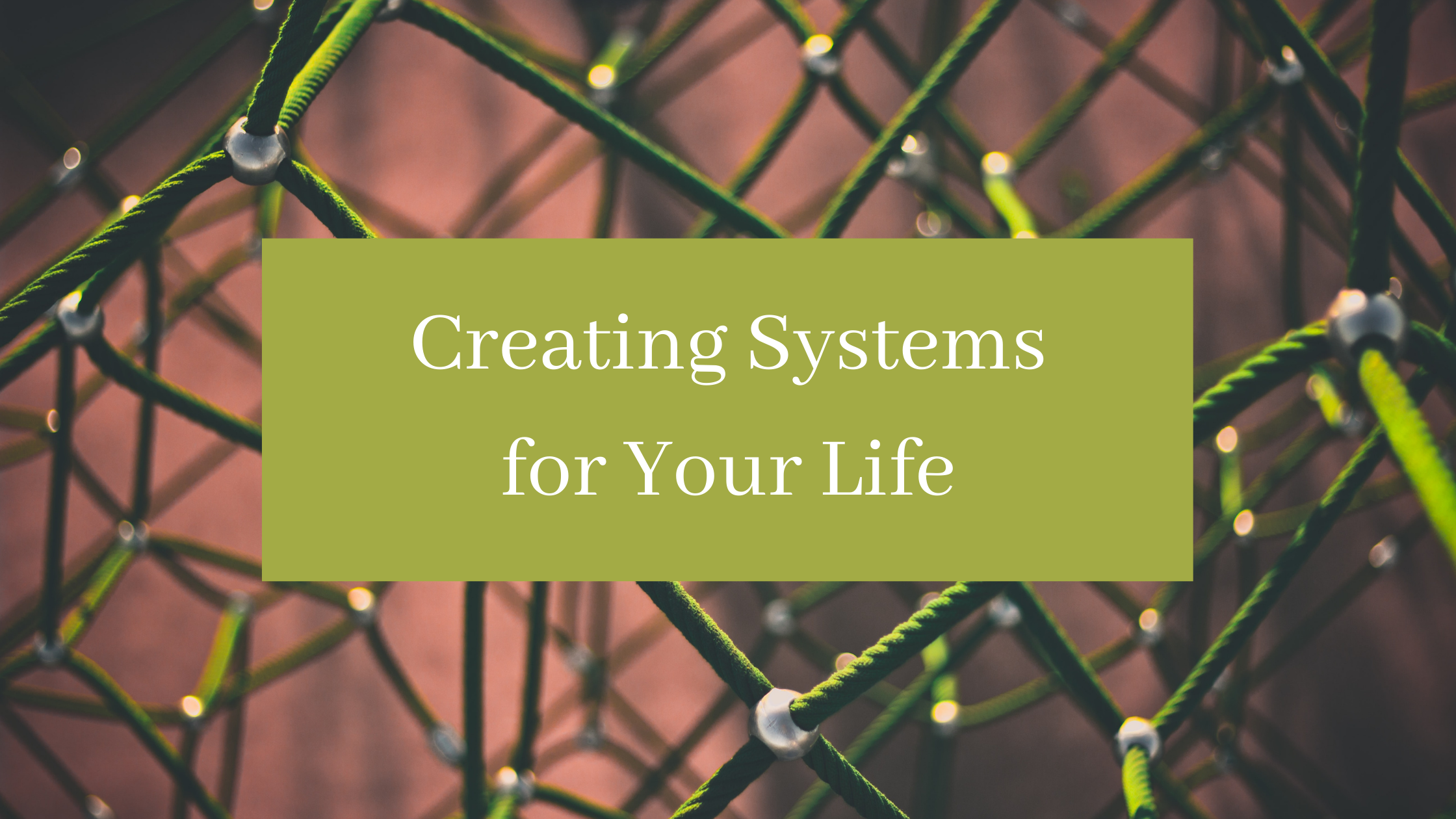I’ve found that, in the US, credit cards are easily vilified. The most common story you hear about them is about that family that got caught in the cycle of keeping up with the Robinsons, continually opening new credit lines to support the lifestyle that had outstripped their earning. But credit cards don’t have to be the bad guy. In fact, if you use credit cards wisely, they can be a strong support for a household’s financial plan.
(Note that I’ll be talking about US credit scores here because that’s what I have the most personal experience with. Sorry, international friends!)
Why Are Credit Cards Considered Bad?
Though they are a useful financial tool, it’s easy for credit card usage to damage someone’s financial health. For one thing, credit limits tend to be higher than what you hold in your bank (that’s what makes them useful in the first place). But access to balance transfers and cash advances provide opportunities to spend more money than can be paid back in one month.
When someone carries a credit card balance without paying it off monthly, they’ll be subject to high interest rates. That interest is how banks make money, so making high-interest credit cards easily available is a financially sound decision for banks. In fact, in June of 2020, the average interest rate was 20.09%.
Finally, those high interest rates make the cards hard to pay off. In 2019, credit card debt averaged to over $6,000 per person in the US. While I’ve managed to avoid most credit card mistakes, I’ve carried a credit card balance for a while back when I was fresh out of college. When I decided to make paying that debt off my #1 priority, it opened my eyes to how hard it is to get out from under it.
With so many pitfalls, it’s easy to imagine that avoiding credit cards would be the best answer. But there are clear benefits that make credit cards useful.
What Are the Benefits to Credit Cards?
First and foremost, credit cards are a great tool to pay for an expense that you aren’t prepared for. In fact, I’d be curious how much of that $6k/person in the US is due to medical debt, housing emergencies, or other unavoidable expenses. I think it’s unfair to assume it’s all rampant consumerism.
But beyond the near-term financial benefit, there are additional benefits.
Credit Score
Credit cards can help increase your credit score over time. Your credit score is made up of five factors:
- Payment history
- Credit utilization
- Length of credit history
- Credit mix
- New credit
Simply having and regularly using a credit card will impact four of the five factors! And a weird quirk of credit utilization: you get penalized if you use 0% of your credit! So use your lines of credit regularly.
Rewards
In order to incentivize customers to use their cards, banks have developed a highly competitive selection of rewards for credit card usage. And there are some sweet rewards out there! Cash back, point accumulation, airline miles, you name it.
Personally, Zack and I both had a travel credit card and saved the points up to use for our honeymoon!
Bank Services
Credit cards come with different services than a debit card would. Many provide rental car insurance (so you don’t have to add on when you rent a car!). And fraud protection is stronger than with a debit card, since any fraud won’t be touching the cash in your bank account. There are other services that vary based on bank and card – concierge services, travel lounge access, etc.
How Do You Use Credit Cards Wisely?
So if you want to avoid the common pitfalls of credit card usage but want to get in on the benefits – here’s how.
Ignore the Credit Limit – And Pay It Off Monthly!
I don’t mean to spend as much as you can on the card. Quite the opposite. Stick to your budget and put normal, day-to-day expenses on it. Then, at the end of the month, pay it off with the money sitting in your bank account, budgeted for that use. If you do that, your limit shouldn’t matter, because you’re spending only what you plan to spend. And if you pay off your balance monthly, you get the benefit of credit utilization without giving the bank free money via interest!
Find a Credit Card With Rewards You’ll Use
Fun fact: in the midst of 2020 COVID loans, a couple of large airlines used their rewards programs as collateral for the loans. That means that they have enough monetary value sitting in unused rewards that they could secure a loan with it! So don’t be one of the customers that is leaving credit on the table. Find a rewards program that you will actually use and make a plan with the points.
Making a plan for your points does double duty: it ensures you’ll actually spend the points down the line AND gives you motivation to pay attention to your credit card usage. Just make sure you’re following the first guideline and only spend what you can afford!
Use Credit Cards to Wisely Boost Your Credit Score
Remember what I said about using your credit benefiting your credit utilization score? You’re already well on your way to that if you’re using your credit card for regular monthly expenses. But you can also make two more smart moves:
Increase Your Credit Limit
With regular, responsible use of your credit card, banks will usually increase your credit limit. Their goal is to entice you to spend more with your credit card. You’re not going to do that, because you’re just paying for groceries and Netflix with the card. But you’re going to thank the banks, because a higher credit limit will make your credit utilization percentage go down! Without having to do anything different!
Lengthen Your Credit History
Time passes. This is nothing new. However, if you have an open credit card, that time passing means that your credit history will get longer. Which means a higher credit score! Yay! Do you need to do anything special? Nope. Just pay off your credit card monthly and watch that score go up.
Summary
So far, the only steps I’ve given you are to use the credit card for normal purchases, pay it off monthly, and use the rewards if you get them. And to be honest…that’s about it. Money is a tool to help us live the lives we want to live. And it shouldn’t be exciting. Boring is good – it keeps our brains free to think about other, more exciting things.
If you’re wondering about things like credit card churning or how to choose your best credit card…don’t look here for that information. The best way I can see to use credit cards wisely is to use them regularly, pay them off monthly, and use the rewards.





No Responses